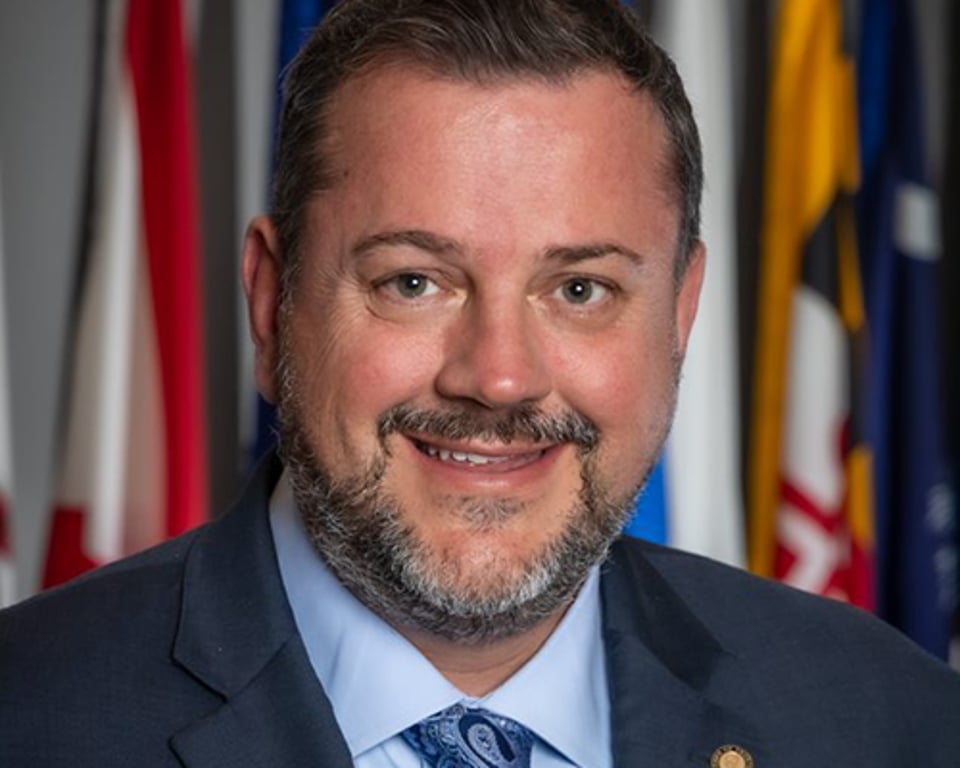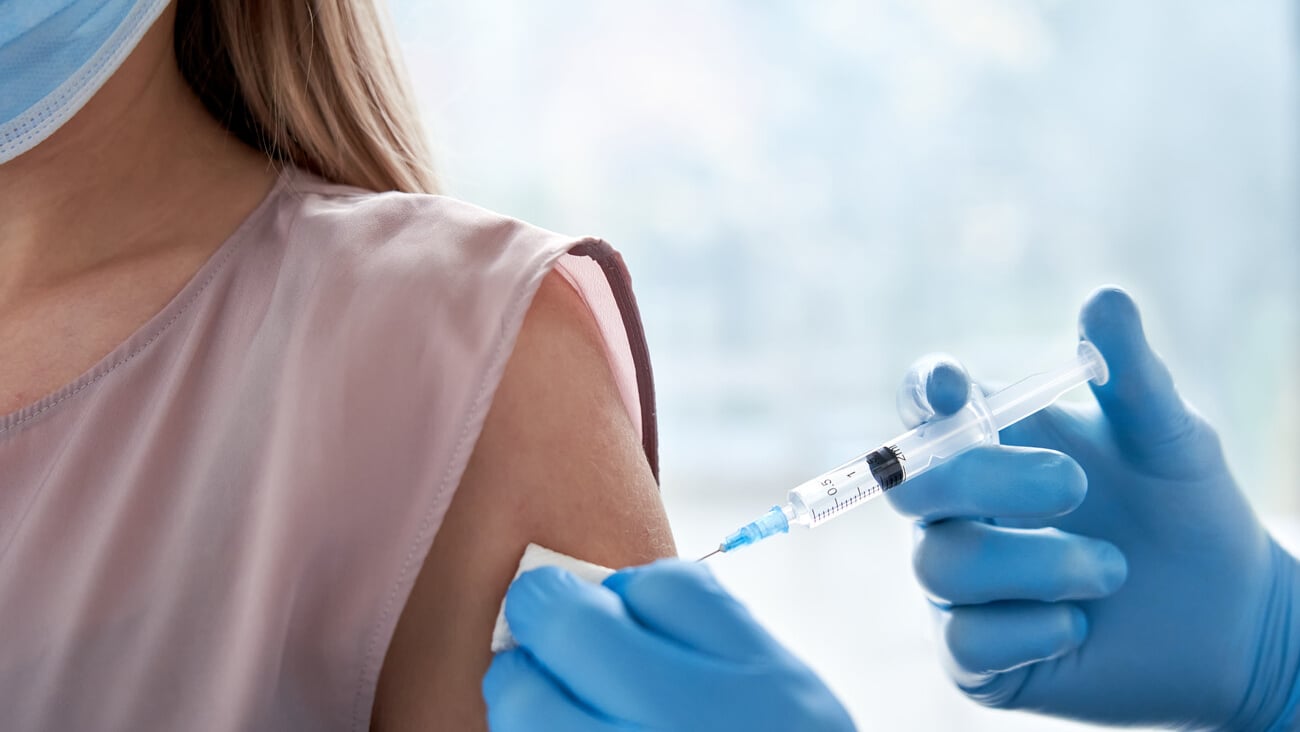A profession responds during the crisis
Pharmacists are responding to the COVID-19 outbreak with extraordinary courage in the face of difficulties. Managing drug shortages, concern about possible personal and staff exposures to the virus, and meeting the needs of patients who have a sense of heightened concern fueled by fear are just some of the challenges pharmacists across the country are handling.
To assist pharmacists in navigating these challenges, the American Pharmacists Association launched “The Pharmacists’ Guide to Coronavirus” at pharmacist.com. The resource includes late-breaking news, letters and statements from APhA, as well as comprehensive resources on what to tell your patients related to COVID-19. The site, which is updated regularly, serves as a repository of the most reliable information available from WHO, the CDC and other sources.
Drug shortages of certain products, such as albuterol inhalers, insulin and various oral products are being reported consistently in both the inpatient and outpatient settings. Consumers, fearful of long-term drug shortages, are demanding excessive quantities of medicines in an effort to stockpile at home for personal use. There also has been increasing scrutiny by the government and others around the realization that at least three-quarters of active pharmaceutical ingredients are sourced from foreign nations, primarily China. Thus, Congress is considering action to bring drug manufacturing back into the United States in light of the current situation.
Pharmacists have reported significant physician self-prescribing of large quantities of hydroxychloroquine for their families and colleagues. On March 25, APhA, the American Society of Health-System Pharmacists and the American Medical Association issued a joint statement strongly opposing this practice that is further exacerbating the drug’s shortage.
Pharmacies also are doing their part to promote social distancing, including increasing delivery services, parking lot pickup, and promoting use of drive-thrus as opposed to in-store activities. Pharmacists are reassuring patients that they are only a phone call away for consultation and advice about medicines or other health concerns. There is growing interest in influenza and pneumococcal vaccines given recent social media reports about risk of secondary infection with COVID-19. Immunizing pharmacists do need to don and doff personal protective equipment, or PPE, during each encounter, including gloves and masks. The CDC has provided extensive guidance on these procedures.
Pharmacists also are faced with separating fact from fiction in a world where information is circulating rapidly on social media and cable news. Day-to-day information about the possible efficacy of drugs in the treatment or prevention of COVID-19 has led to many unsubstantiated claims and sham promotions. Helping consumers separate fact from fiction requires substantial time. Since March 26, APhA has been offering one-hour open forums every Thursday between 1 p.m. and 2 p.m. EST to discuss the latest news and information that pharmacists need to manage during the ongoing situation. APhA’s website also features a series of 15- to 20-minute continuing education modules, “15 on COVID-19,” for pharmacists to get the facts about COVID-19.
The national pharmacy associations are working more closely together than ever to achieve legislative and regulatory relief to pharmacies from PBM audits,” to suspension of prior authorizations and DIR fees through this crisis. There is a significant push with Congress for legislation to provide patients access to pharmacist services through Medicare and Medicaid, as well.
Throughout the pandemic, pharmacists have clearly demonstrated their role and value in the U.S. healthcare system. Legislators and consumers alike are taking notice. It is becoming clear through this crisis that pharmacy’s brightest days are still ahead.
Michael Hogue is president of the American Pharmacists Association and dean of Loma Linda University School of Pharmacy.





